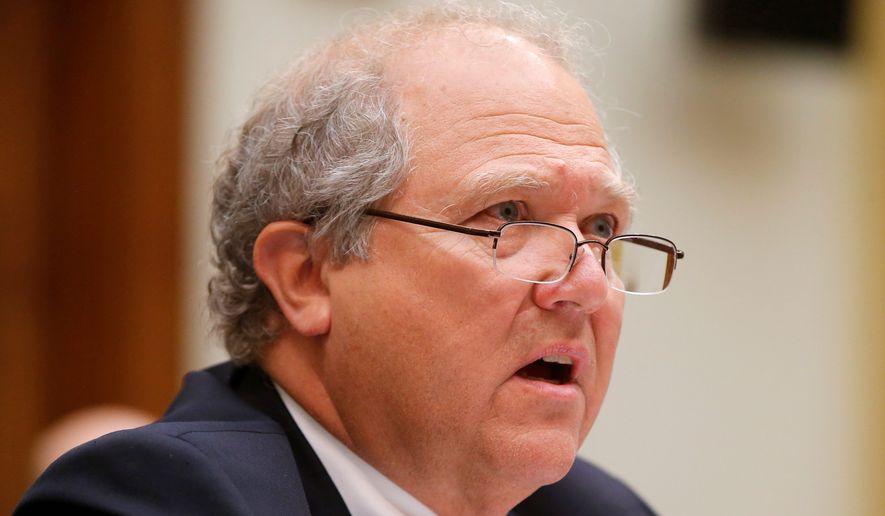The top U.S. watchdog in Afghanistan wants answers on why the U.S. spent $6.5 million on six communication towers that aren’t being used and have so far led to one fatality.
According to a letter from John F. Sopko, special inspector general for Afghanistan reconstruction, the State Department pressed ahead with the towers despite doubts about their usefulness to the Afghans and opposition from the Pentagon.
“Concerns were raised that Afghan telecom providers would not connect to the system, and that [the Department of Defense] did not want the towers because of the high cost of fueling the towers’ generators,” said the letter, which was sent to Secretary of State John F. Kerry.
“Despite these concerns, the State Department moved forward with construction,” Mr. Sopko said.
One international security force soldier was killed when a helicopter hit one of the towers during nighttime operations, prompting investigators to demand answers about how the towers are being outfitted for air-traffic safety — such as equipping them with the small blinking lights that are ubiquitous on towers across America.
State Department documents show that the purpose of the towers was “to expand and enhance media-provider coverage and telecommunication services to the civilian Afghan population in underserved and strategically important provinces via television, radio and telephonic mediums.”
SEE ALSO: U.S. on long-term track to waste billions of dollars in Afghanistan
The towers were labeled one of the agency’s “highest strategic communications priorities,” but phone companies and cell-tower operators received repeated threats from the Taliban.
In a response to an inquiry earlier this year, the State Department said that giving the towers to the Afghan government was considered, but ultimately rejected as the nation continues “to struggle with lacking resources and technical capacity to operate and maintain these towers.”
The agency’s letter continues that “after it became clear that the towers could not be used for their originally intended purpose, the Department considered alternatives but determined that there was no available foreign assistance or other State Department use for the towers.”
Now Mr. Sopko wants answers as to why the towers were built seemingly without an ultimate purpose in mind, and has asked the State Department to turn over more documents related to the planning and construction.
• Phillip Swarts can be reached at pswarts@washingtontimes.com.




Please read our comment policy before commenting.